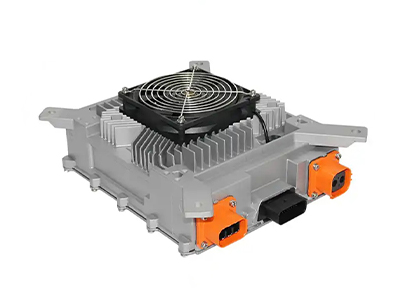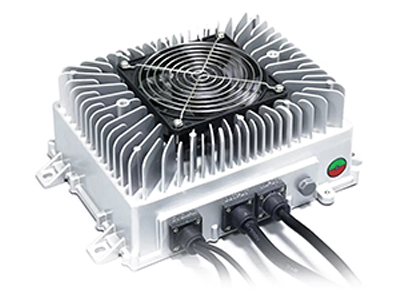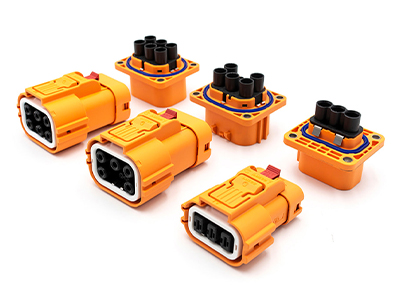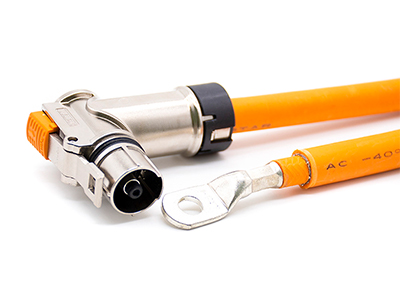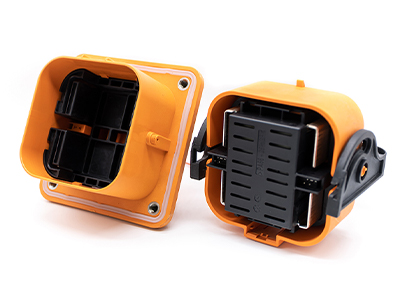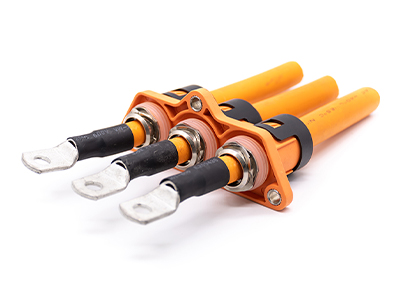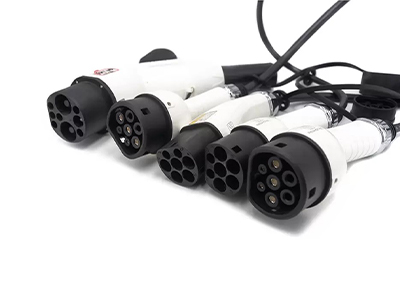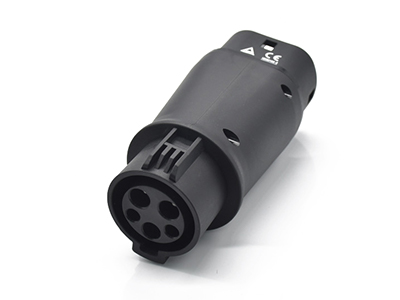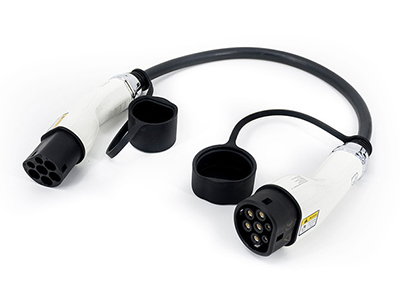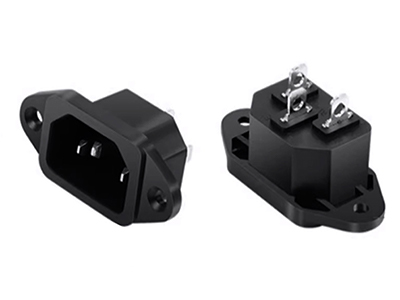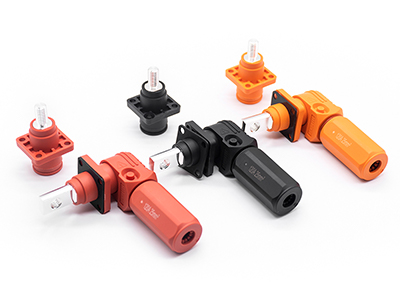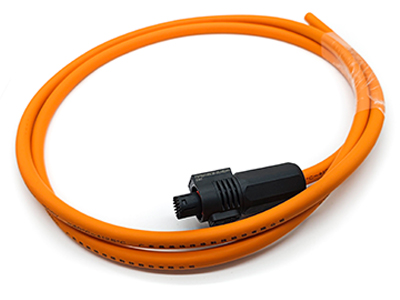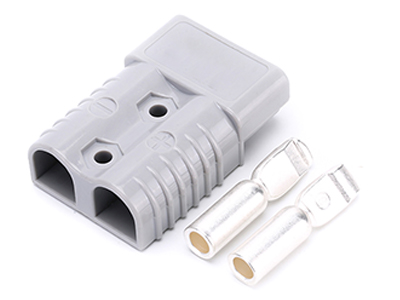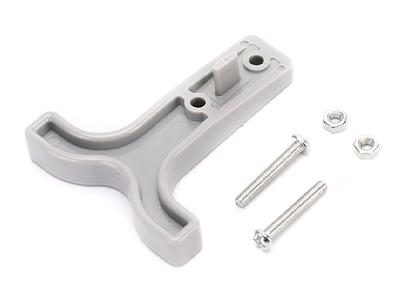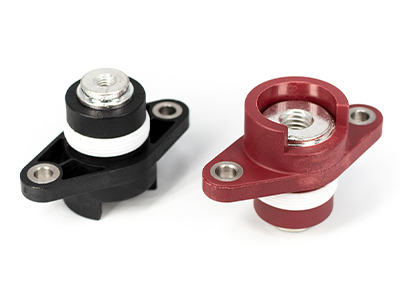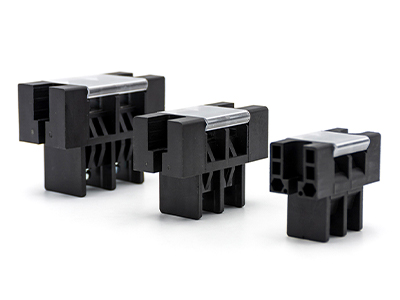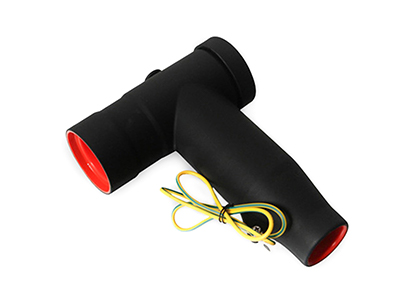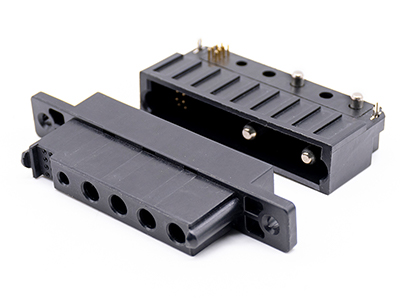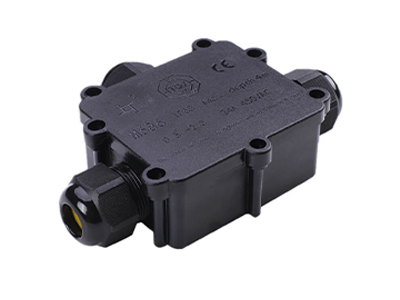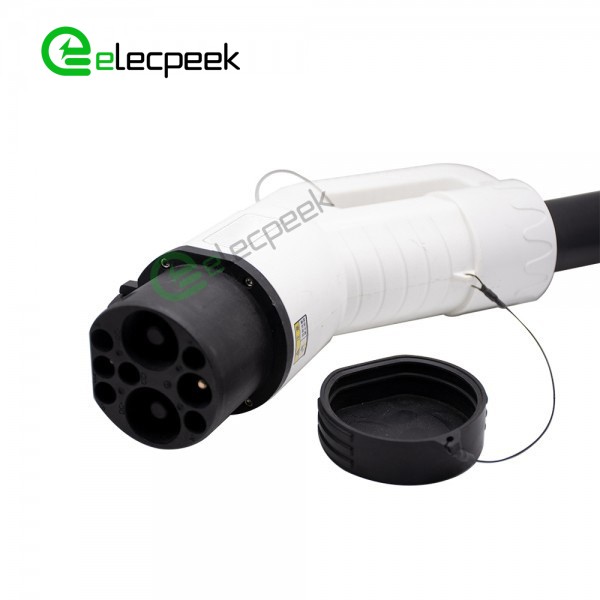News
Is DC Fast Charging Bad for EV Battery?
Electric vehicles (EVs) have been gaining popularity in recent years due to their eco-friendly nature and cost-effectiveness in the long run. However, one of the biggest concerns among EV owners is the effect of fast charging on the battery life. DC fast charging, which can charge an EV battery up to 80% in 30 minutes, is popular among EV owners for its convenience. But, is DC fast charging bad for EV batteries? In this article, we will explore this question and provide some insights on how to maintain your EV battery.
Understanding EV Battery
Before diving into the effect of DC fast charging on EV batteries, it is important to understand the battery itself. Most EVs use lithium-ion batteries, which consist of an anode, a cathode, and an electrolyte. The anode and cathode are separated by a porous membrane, and when the battery is charged, lithium ions move from the cathode to the anode through the electrolyte. The process is reversed when the battery is discharged, and the lithium ions move from the anode to the cathode, producing electricity.
Lithium-ion batteries are designed to have a certain number of charge cycles, which means the number of times the battery can be charged and discharged before it starts losing capacity. The more charge cycles a battery goes through, the more its capacity to hold a charge reduces.
Effect of DC Fast Charging on EV Battery
DC fast charging is a type of charging that uses a high voltage to charge the battery quickly. While this is convenient for EV owners who need to charge their vehicles on the go, it can hurt the battery life.
The high voltage used in DC fast charging can cause the battery to heat up, leading to the battery’s degradation. The heat generated during the charging process can cause the electrolyte to break down, which can reduce the number of charges cycles the battery can go through.
Moreover, DC fast charging can cause a significant amount of stress on the battery, which can lead to physical damage to the battery cells. This can cause the battery to lose capacity and reduce its overall lifespan.
Tips to Maintain Your EV Battery
While DC fast charging may hurt the battery life, it is not entirely bad for the battery. EV owners can take some steps to maintain their battery and ensure its longevity.
Here are some tips to maintain your EV battery:
- Avoid frequent DC fast charging: While DC fast charging can be convenient, it is best to avoid frequent use of this charging method. Instead, try to use Level 1 or Level 2 charging, which uses lower voltage and is less stressful on the battery.
- Charge your battery before it gets too low: It is best to charge your battery before it gets too low. This can prevent the battery from getting stressed during the charging process.
- Avoid extreme temperatures: Extreme temperatures can hurt the battery life. It is best to park your EV in a garage or under a shade to avoid direct sunlight and extreme temperatures.
- Monitor your battery: Most EVs come with a monitoring system that allows you to track the battery’s health. By monitoring the battery, you can identify any issues early on and take preventive measures to maintain the battery.
- To avoid potential damage to batteries due to equipment issues, it is recommended to select a high-quality supplier such as elecpeek.com for your EV Charging Connector needs. As an established manufacturer of electronic components, they offer a one-year warranty and fast delivery, providing you with a unique shopping experience.
In conclusion, while DC fast charging can hurt the EV battery life, it is not entirely bad for the battery. EV owners can take some steps to maintain their battery and ensure its longevity. By following the tips mentioned in this article, EV owners can enjoy the convenience of DC fast charging without compromising the battery life.

